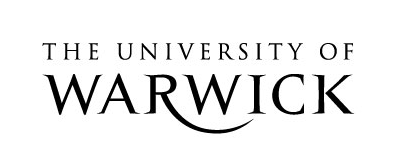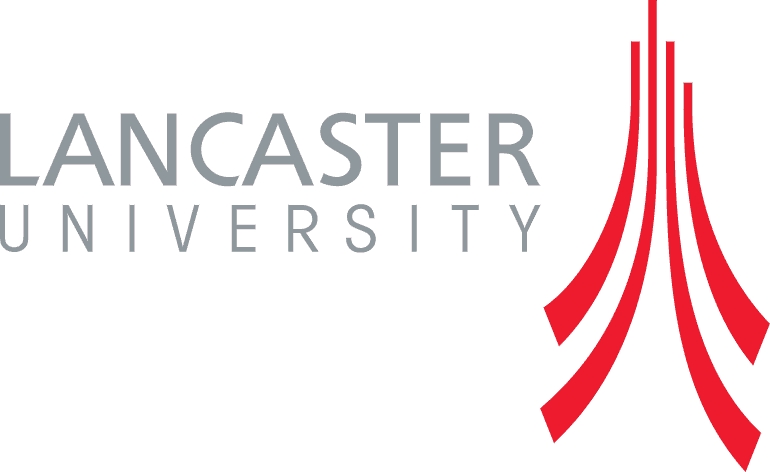Meet the Research Team
The ATHENE proejct team come from a range of places
Queen Mary, University of London
Trish Greenhalgh is principal investigator on the ATHENE project. She is a GP in north London and Professor of Primary Health Care at the Centre for Primary Care and Public Health, Queen Mary, University of London.
Her research interests lie at the interface between medicine, sociology and innovation.
Joe Wherton is a Research Fellow at the Centre for Primary Care and Public Health, Queen Mary, University of London and is a co-investigator on the ATHENE project. He has a research background in psychology and human-computer interaction, with a focus on the design of assisted living technologies to support older people living at home. For ten years his research has involved interdisciplinary collaborations with academic, industry and healthcare organisations to support the design of new technologies to address problems of dementia, loneliness and caregiver burden. He uses qualitative and participatory design methods to inform the development of solutions that meet older users' needs in real domestic settings.
Sue Hinder

Warwick University
Rob Procter is a co-investigator on the ATHENE project. He is Professor of Social Informatics in the Department of Computer Science at Warwick University. His research is strongly inter-disciplinary and focuses on socio-technical issues in the design, implementation, evaluation and use of ICTs, with a particular emphasis on ethnographic studies of ICT systems in diverse use settings (including the workplace and the home), computer-supported cooperative work and participatory design.
He has pursued these interests over twenty-five years in fifty funded projects undertaken within a wide variety of application domains, organisational contexts and sectors, including financial services, health services, manufacturing and research. He has published over 200 academic, refereed papers and is editor of the Health Informatics Journal.
Rob has made a significant contribution to methodologies for user-centred, participatory design, with an emphasis on the co-production ('co-realisation') and co-evolution of ICTs with and by users.

NHS: Barts Health NHS Trust (London)
Paul Sugarhood is a co-investigator on the ATHENE project. He is an occupational therapist based at Newham University Hospital, Barts Health NHS Trust, London, and is currently a Visiting Research Fellow at the Centre for Primary Care and Public Health, Queen Mary University of London.
Paul has 16 years' clinical experience as an occupational therapist in the UK and Brazil, working in a variety of acute and community settings, including paediatrics, mental health and care of the elderly. His research interests focus on older people, particularly ageing in place, active ageing and environmental interventions to support these. He is undertaking a Professional Doctorate in Occupational Therapy at London South Bank University, researching "Participation from the perspective of community-living older people aged over 80 years".

Lancaster University
Mark Rouncefield is a consultant on the ATHENE project. He is Senior Research Fellow in the School of Computing and Communications, Lancaster University and a recent holder of a Microsoft European Research Fellowship for his work on social interaction and mundane technologies.
Mark's research interests are in Computer Supported Cooperative Work and involve the study of various aspects of the empirical study of work, organisation, human factors and interactive computer systems design. This work is strongly inter-disciplinary in nature and has led to extensive and continuing collaborations with colleagues in Sociology, Computing, Informatics and Management departments both in the UK and abroad.
His empirical studies of work and technology have contributed to critical debates concerning the relationship between social and technical aspects of IT systems design and use. He is particularly associated with the development of ethnography as a method for informing design and evaluation. This work has included the study of financial services, assistive technologies, information giving services, hotels, hospitals, steelworks and libraries. Recent work has focused on socio-technical aspects of the design and deployment of technologies in domestic and healthcare settings.
Mark has written or edited six books and over 100 journal and conference papers. He has worked as a consultant on projects with a number of organizations including Microsoft, Vodafone, Xerox and NatWest Bank. He has served on the editorial boards of the International Journal of Organisational Transformation and Social Change (OTSC), Sociological Research Online, the Journal of Computer Supported Cooperative Work and the Health Informatics Journal.
He has presented tutorials on the use of ethnography for design at major international conferences, such as the ACM CH Conference on Human Factors in Computing Systems and the ACM CSCW Conference.

gdewsbury
Guy Dewsbury is a consultant on the ATHENE project. He is a social scientist with a professional background in research into assistive technology, and specialises in the design of person-centred technology to support older and disabled people. His expertise includes environmental controls, smart homes, telecare, telehealth, eHealth, mHealth, health information systems (HIS), electronic health records (EHRs) and ambient assistive technology.
He has researched and worked for over fifteen years in the field of assistive technology, smart homes and telecare, and has considerable expertise in the use and deployment of cultural probes as an aid to designing for people's needs. He is managing director of gdewsbury, an assisted living consultancy service.
Guy is on the editorial boards of the Health Informatics Journal and the Journal of Assistive Technology, and currently teaches on the University of Trieste's web-based Masters Level in Assistive Technology. He has an extensive publication record of over 150 papers, book chapters, editorships and presentations. Guy also co-designed the first fully inhabited 'smart home' in Scotland for a person with an acquired brain injury and has been the co-designer of 54 homes for people with autistic spectrum disorders. Guy has twice been awarded best paper at conferences in computing and was also Co-Chair of the Smart Homes and Ambient Assisted Living IMIA Working Group from 2006-2009.
